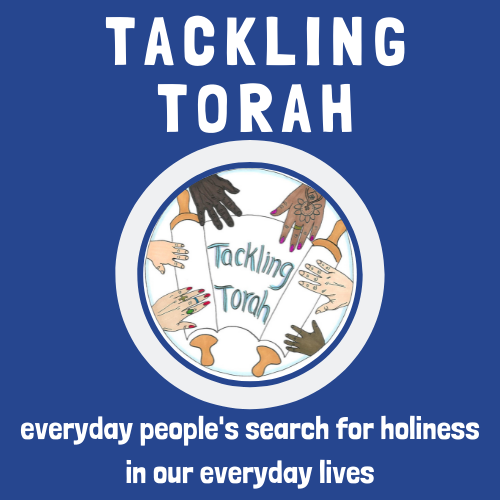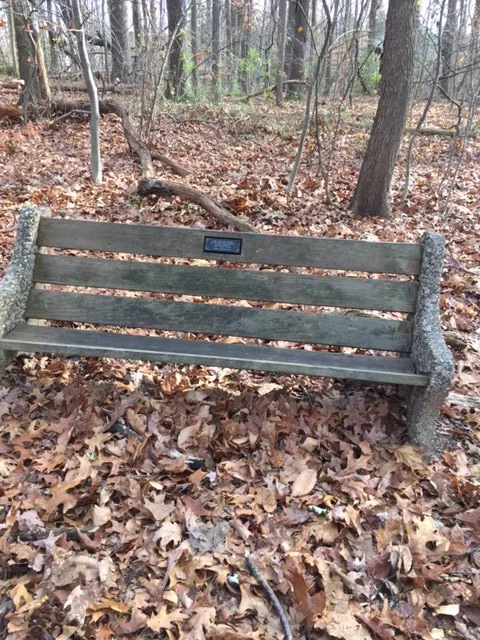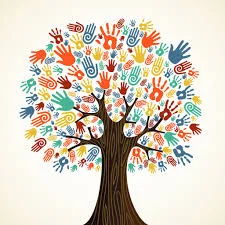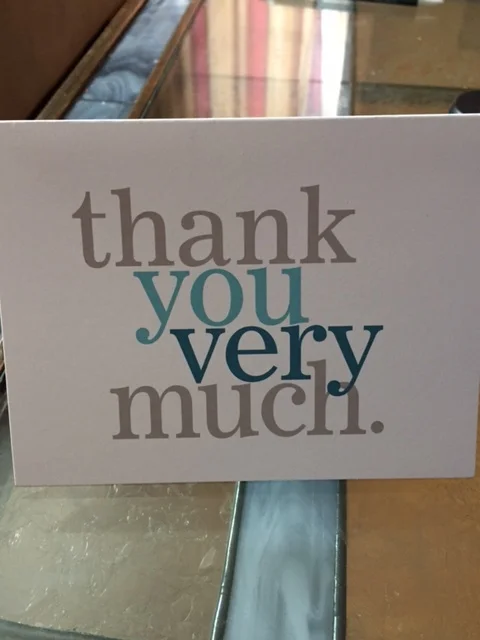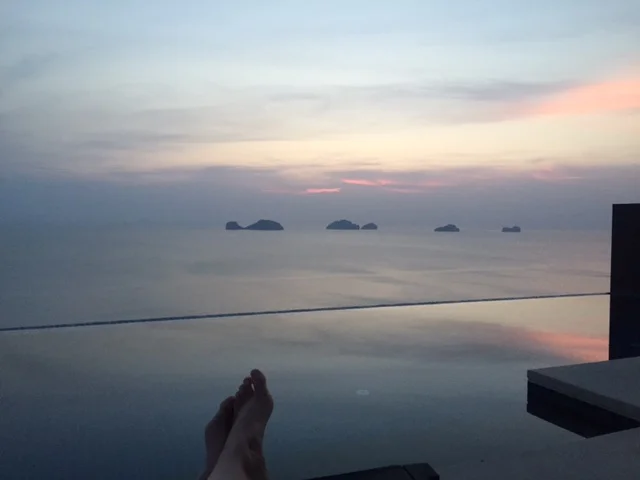Finding joy with conscious tidying!
I can look back at different moments and think about where my soul may have been during episodes of intense and necessary tidying (such as moving homes). I can also think about many times in which my soul felt out of alignment for one reason or another and my home reflected the messiness of my inner life.
If you are having a particularly difficult time in your life for a day, a month, a year or more this ritual is for you. Life’s journey presents us with times where we may feel stuck. We can learn from Judaism that we cannot fully experience joy unless we know what the experience of feeling broken is like.
photo credit:BobbyM on favim.com
The High Holidays causes us to self-reflect. We may think about the newness of the year, the changes we want to make, or how to be grateful for every new day.
When we do so, how do we ground ourselves within our roots, or think about where we came from? This may help us better understand the world we hope to see. How do we create a better world for ourselves, and future generations? When you reflect on where you came from what does it bring up for you?
See full post for ancient text to learn with friends and family!
When we are reminded of divinity, it allows us to feel more connected to our world. What can we find when we change our lens? What may appear when we allow ourselves to be open to the possibility of G-d's presence in our lives? What are the things/ places/ people that cause us to think: how awesome is this place?
What is the power of being counted in community? The power of each one of us being seen, illuminated and bright. How are we making sure to continually count every voice in our community? How can we expand this concept to be inclusive to all Jews, including Jews without Jewish ancestry? How can we make sure all voices are heard in our extended communities and not just those with privilege?
Let us come together in our many faiths and traditions and share with one another what it means to live in a welcoming, diverse, community.
We all mourn in different ways. We may be driven by our raw emotions following a loss, or by a formal mourning practice. Sometimes we are able to begin mourning a loss immediately, and other times the mourning process unfolds before us in unknown ways.
May we be able to make voting a ritual moment, and say a prayer as we vote.
What have you created this week?
Creation can seem so challenging. It can be hard to imagine creating something out of nothing. Yet everyday we wake up anew and try to create our vision for a better world, for ourselves and those around us.
High holydays gives us a chance to reflect where we are at each year. It gives us the time to notice how we have changed, how we have grown, and what we need to work on.
Are you being your ideal self everyday? Or are there things you hope to change about yourself this year? Are there people you want to apologize to? Are there times you may have missed the mark?
I’ve been wondering what holiness looks like. We use the word holy often in synagogue. Such as: this is a holy community, or a kehillah kedoshah. We say that God is holy and we seek to emulate God. And this period of time we have just begun this evening is known as the High HOLY days.
And yet, we can’t see holiness. There is no postcard, or snapchat of what holiness looks like. But tonight, we begin this annual journey of holy time. The days of awe, yamim nor’aim. But what will this journey look like? How does one find holiness? How does one be holy? Dare I ask, how does one teach holiness? Are we seeking something much too elusive to find?
Elul 23: #Begin
Where do you find meaning in your life? How do you recharge your soul?
The search for holiness begins.
